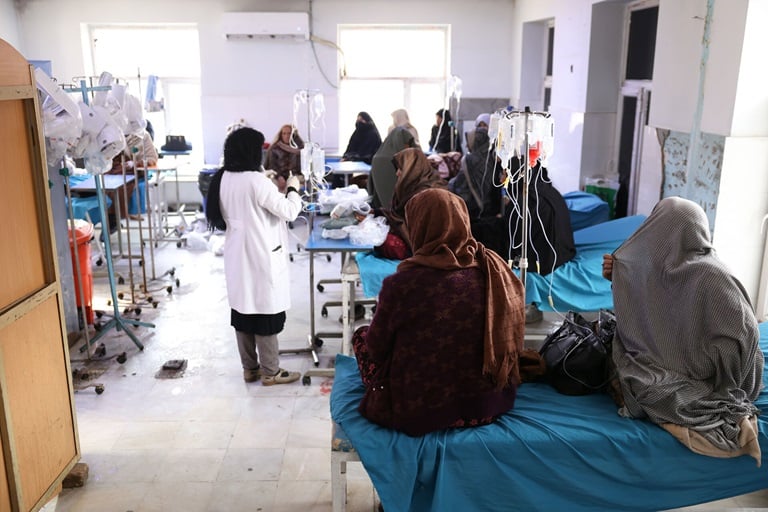
The World Health Organization (WHO) has unveiled a comprehensive landscape analysis that highlights significant gaps and inequities in global cancer research and development (R&D). Released recently, the report underscores a misalignment between current R&D investments and the most pressing public health needs, particularly affecting vulnerable populations worldwide.
According to the report, cancer clinical trials are predominantly conducted in high-income countries, leaving 63 nations without any registered trials. This geographic concentration of research efforts neglects cancers that are most lethal in low- and middle-income countries, such as liver, cervical, and stomach cancers. Furthermore, the analysis indicates a disproportionate focus on novel drug development, while other critical areas like surgery, radiotherapy, diagnostics, and palliative care receive insufficient attention.
Global Disparities in Clinical Trials
The WHO’s findings reveal a stark imbalance in the distribution of cancer research. While high-income countries continue to dominate clinical trials, many lower-income nations remain underserved. This disparity is particularly concerning given that cancers causing the highest mortality rates in these regions are among the least researched.
Data from the report show that:
- 63 countries have no registered cancer clinical trials.
- Research predominantly targets novel drugs over other treatment modalities.
- Cancers prevalent in low- and middle-income countries are underrepresented in research efforts.
“Despite rapid advancements in clinical research, investment and innovation are often misaligned with the greatest public health needs,” the WHO report states.
Comprehensive Resources for Stakeholders
The report, published in Nature Medicine, is accompanied by a WHO snapshot intended for governments and funding bodies. Additionally, an open-access interactive dashboard has been launched, featuring data from over 120,000 cancer clinical trials worldwide. These resources aim to provide stakeholders with a detailed analysis of global cancer research, guiding policy and funding decisions.
This initiative was spearheaded by the WHO’s Departments on Noncommunicable Diseases and Mental Health, along with the Science for Health team. The analyses are based on data from the WHO Global Observatory on Health R&D and are part of a broader effort that includes research on global childhood cancer, monoclonal antibodies, and neglected tropical diseases in children.
Call to Action for Equitable Research
In light of these findings, the WHO is urging funders, product developers, and clinical trial investigators to leverage this data to better target cancer R&D investments. The organization emphasizes the need to align research priorities with interventions that maximize health outcomes and address the comprehensive needs of those affected by cancer.
The WHO’s call to action highlights the importance of ensuring equitable access to innovation across all populations. By addressing these disparities, the global health community can work towards more inclusive and effective cancer research efforts.
“WHO calls on funders, product developers, and clinical trial investigators to use these findings to better target cancer R&D investments,” the report urges.
Looking Forward: Bridging the Gap in Cancer Research
The release of this report marks a critical step in identifying and addressing the gaps in global cancer research. As the WHO continues to advocate for equitable R&D efforts, stakeholders are encouraged to consider these insights in their future strategies.
Moving forward, the focus will be on fostering collaborations that bridge the current research gaps, particularly in underrepresented regions and cancer types. By doing so, the global health community can ensure that advancements in cancer treatment and prevention are accessible to all, regardless of geographic or economic barriers.
The implications of this report are far-reaching, and its findings are expected to influence future policy decisions and research funding allocations. As the world grapples with the growing burden of cancer, such comprehensive analyses are vital for guiding effective and equitable health interventions.





